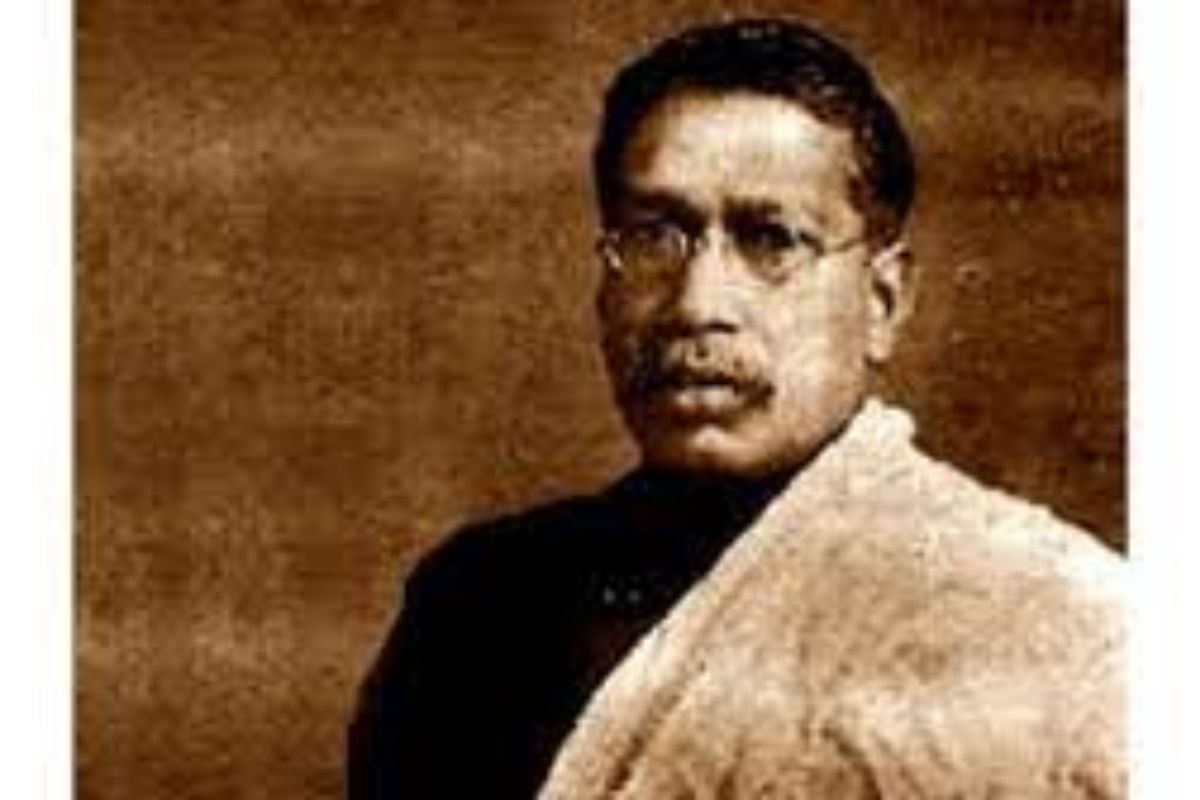In the annals of India’s struggle for independence, amidst the towering figures of Gandhi, Nehru, and Bose, stands a name equally worthy of reverence and recognition – Bipin Chandra Pal. Often overshadowed by his more prominent contemporaries, Pal’s contributions to the cause of Indian nationalism were profound and far-reaching. His impassioned advocacy for freedom, coupled with his unwavering commitment to social justice and equality, earned him a place of honor in the hearts of millions of Indians.
Bipin Chandra Pal was born on November 7, 1858, in Sylhet, which is now part of Bangladesh. From a young age, he exhibited an exceptional intellect and a deep sense of patriotism. His upbringing in a family deeply involved in social and cultural reform movements laid the foundation for his later activism. Pal’s early education in Calcutta (now Kolkata) exposed him to the prevailing socio-political conditions of colonial India and instilled in him a fervent desire to see his country free from British rule.
Pal’s entry into the political arena coincided with a period of intense ferment within the Indian National Congress. He emerged as one of the leading voices of the radical faction, advocating for a more assertive and militant approach towards achieving independence. Pal’s ideology was shaped by his belief in the inherent strength and resilience of the Indian people, whom he saw as capable of effecting profound social and political change.
One of Pal’s most enduring legacies was his emphasis on the concept of Swadeshi, or self-reliance. He believed that economic independence was a prerequisite for political freedom and encouraged Indians to boycott foreign goods and promote indigenous industries. Pal’s advocacy for Swadeshi resonated deeply with the masses and played a significant role in mobilizing public opinion against British colonialism.
Pal was not merely a political activist; he was also a prolific writer, thinker, and orator. His speeches and writings galvanized the masses and inspired them to join the struggle for independence. Through newspapers, pamphlets, and public lectures, Pal disseminated nationalist ideas and mobilized support for the cause of Indian nationalism. His eloquence and passion for the motherland made him a formidable force against British imperialism.
Pal’s commitment to social justice and equality was evident in his advocacy for the rights of marginalized communities, including women and lower castes. He was a vocal critic of social injustices such as caste discrimination and child marriage, and he worked tirelessly to promote education and upliftment among the oppressed sections of society. Pal believed that true freedom could only be achieved when all Indians enjoyed equal rights and opportunities.
Despite facing persecution and imprisonment for his political activities, Pal remained steadfast in his commitment to the cause of independence. He continued to agitate for social and political reforms, traveling extensively across the country to mobilize support for the nationalist movement. Pal’s tireless efforts earned him the respect and admiration of his peers, as well as the undying gratitude of millions of Indians who saw him as a fearless champion of their aspirations.
As India commemorates the heroes of its freedom struggle, the legacy of Bipin Chandra Pal shines brightly as a testament to the power of conviction, courage, and unwavering commitment to the cause of justice. His life serves as an inspiration for future generations, reminding us that the fight for freedom is a continuous struggle that requires unwavering dedication, sacrifice, and solidarity. In honoring his memory, we pay tribute to the indomitable spirit of India’s quest for independence and the enduring legacy of its visionary leaders.


